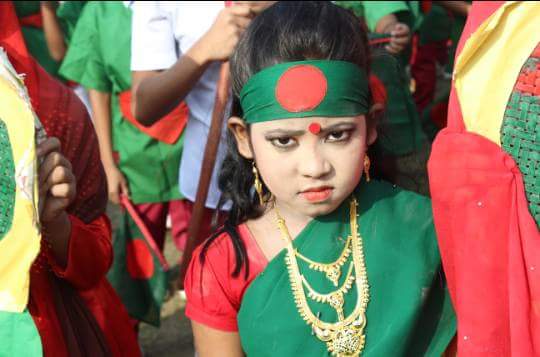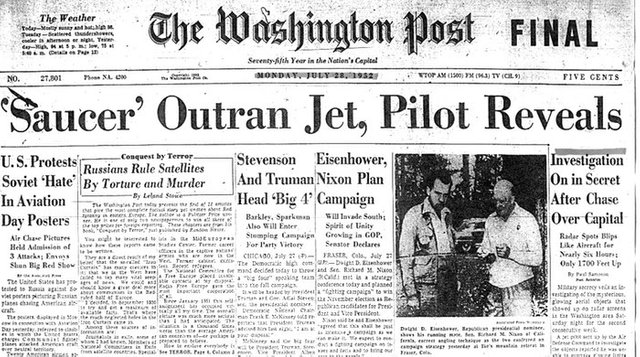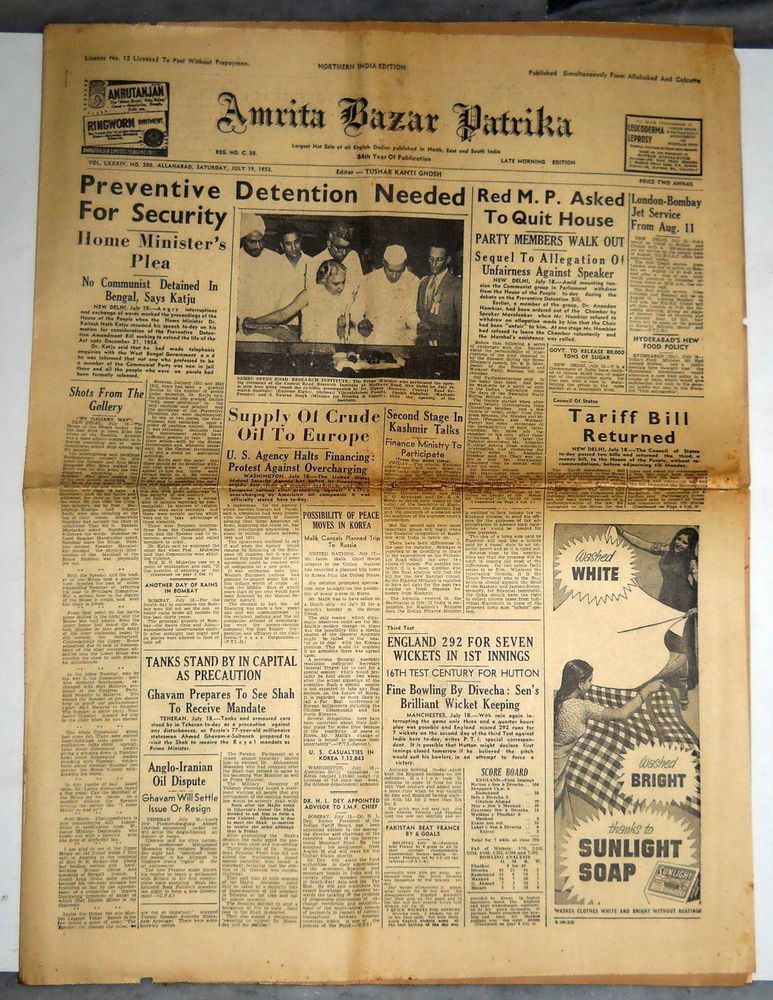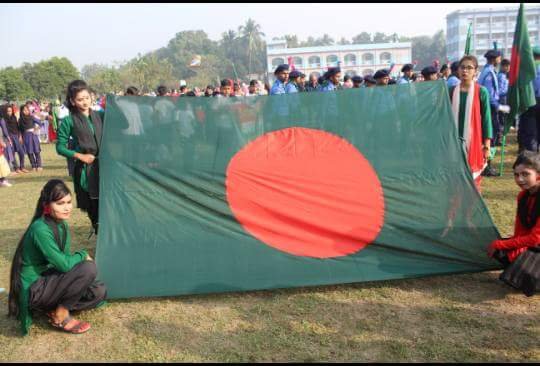International Mother Language Day’
21st February, the background history of becoming ‘International Mother Language Day’ and a proposal of establishing ‘Ekushe Corner’ at every library of the world.



Language movement is a historical part of Bangladesh. In 1947 India and Pakistan gained independence from Great Britain. Two new state born in the world map. Pakistan was decided Urdu will be their state language. One thing is mentionable here that Pakistan had two part, One is East Pakistan (present Bangladesh) and other is West Pakistan (Present Pakistan).All the people of East Pakistan were Bengali speaking. Mother tongue is divine gift. But it was an irony of fate that the rulers of Pakistan tried to impose Urdu as mother tongue instead of Bangla.
The first movement on this issue was integrated by Tamaddun Mujlish headed by Professor Abul Kashem. On 06th December 1947 East Pakistani students became gathered and held a meeting on Dhaka University Campus demanding that Bangla will be made one of the state language of Pakistan. At the end of December 1947 the first Rastrabhasa Sangram Parishad (Language Action Committee) was formed with Professor Nurul Huq Bhuiyan of Tamaddun Majlish as the convener.
On 13rd February 1948 at Karachi , it was proposed that the assembly members would have to speak either Urdu or English at the Assembly. “Dhirendranath Datta, a member from the East Pakistan Congress Party, moved an amendment motion to include Bangla as one of the languages of the Constituent Assembly. He noted that out o the 6 crore 90lakh population of Pakistan, 4 crore 40 lakh were from East Pakistan with Bangla as their mother tongue. The central leaders, including Liaquat Ali Khan, prime minister of Pakistan, and Khwaja Nazimuddin, chief minister of East Bengal, opposed the motion.” (www.banglapedia.org) On hearing the news that the motion had been rejected, politicians, students, intellectuals and general people of East Pakistan became excited. A general strike was observed on 11 March 1948 at all the towns of East Pakistan and protest against this issue. Leaders such as Kazi Golam Mahboob, Shawlat Ali, Oli Ahad, Shamsul Huq, Sheikh Mujibur Rahman, Abdul Wahed, Abdul Matin, Abdul Malek Ukil were arrested for picketing and slogans. Strikes observed from March 12 to 15.
Muhammad Ali Jinnah, the governor of Pakistan came to visit on 19 March 1948 and addressed two meetings in Dhaka. In both meetings he ignored the popular demand for Bangla and he declared that Urdu will be the only official language for both East and West Pakistan on 21 March 1948.Then the Language Movement were spreading throughout the East Pakistan. People of Esat Pakistan had lost their faith in the Muslim League and then a new party were formed named Awami Muslim League which would later become the Awami League under the leadership of Maulana Abdul Hamid Khan Bhasani in 1949. On 11 March 1950, Dhaka University Language Action Committee was formed with Abdul Matin as its convener. The level of exploitation in East Pakistan were increasing day by day.
On daily Ittefaq 1952, Headline: "Bangla k Rashtrovasa korite jonogon ses roktobindu dibe" (People will give their last blood drop to establish Bangle as state language.
On daily Ittefaq 1952, Headline: “Bangla k Rashtrovasa korite jonogon ses roktobindu dibe” (People will give their last blood drop to establish Bangle as state language.
Khwaja Najimuddin, chief minister of East Bengal came to Dhaka on 27 January 1952, addressing a meeting in Dhaka and repeated the same thing that Urdu would be the state language of Pakistan. Instantly there was a negative reaction to this speech and students responded with slogan “Rashtrabhasha Bangla Chai”(We want Bangla as the state language). After that on 30 January 1952 a strike was observed at Dhaka university.
On 31st January 1952 representatives of different cultural and political organizations held a meeting chaired by Moulana Bhasani and formed an All-Party Central Language Action Committee with Kazi Golam Mahboob as its convener. The Committee decided to call a Hartal (Strike) on 21 February 1952 and organized a processions and demonstration. The government of Pakistan imposed Section 144 in the Dhaka City for banning all demonstrations and assemblies. On 20February a meeting of the Central Language Action Committee was held and decided to violate Section 144 by arranging a meeting at 11.00 am on 21 February on Dhaka University Campus.
Meeting at Aamtola, Dhaka University(present Dhaka Medical College) on 21st February 1952.
Meeting at Aamtola, Dhaka University(present Dhaka Medical College) on 21st February 1952.
Vice-Chancellor of Dhaka University, teachers, thousands of students from school and college of Dhaka city assembled on university campus. Armed police waited outside the gate. The students gathered in groups, shouting slogans and attempted to break the police line and throwing brickbats at the police. Suddenly, the Pakistani police fired tear gas shells on the students. The police were unable to control the situation, they fired upon the students as well as the crowd. Abdul Jabbar, Abdul Barkat ( an M.A student of political science), Abdus Salam, Rafiq Uddin and many other people were killed. A nine year old boy named Ohiullah was also killed. Many were injured and arrested. At the spot where students had been killed, a memorial was created on 23 February 1952. In 1963, the temporary was replaced by a concrete memorial, the Shaheed Minar (martyrs’ memorial). On 16 February 1956 the movement achieved its goal by forcing the Pakistan Constituent Assembly in adopting both Bangla and Urdu as the state language of Pakistan.
Rally on 21st February 1952 at Dhaka University
Rally on 21st February 1952 at Dhaka University
Since 1952, 21 February has been observed every year and this language movement has a vital cultural impact on Bengali people. After the liberation of Bangladesh in 16 December 1971 this language movement was being observed as Language Movement Day or Shaheed Dibosh or Martyrs’ Day. It has inspired Bengali people to celebrate Bengali language, literature and culture. A month long book fair named “Omar Ekushe Grantha Mela” is held every year to commemorate the movement. “Ekushe Podok” is one of the pioneer civil awards in Bangladesh. It is awarded annually in memory of the sacrifices of the movement.

THANK YOU FOR READING OUR HISTORY.
TODAY I FEEL PROUD ABOUT MY BANGLA LANGUAGE .